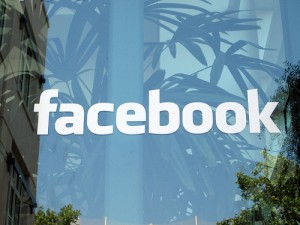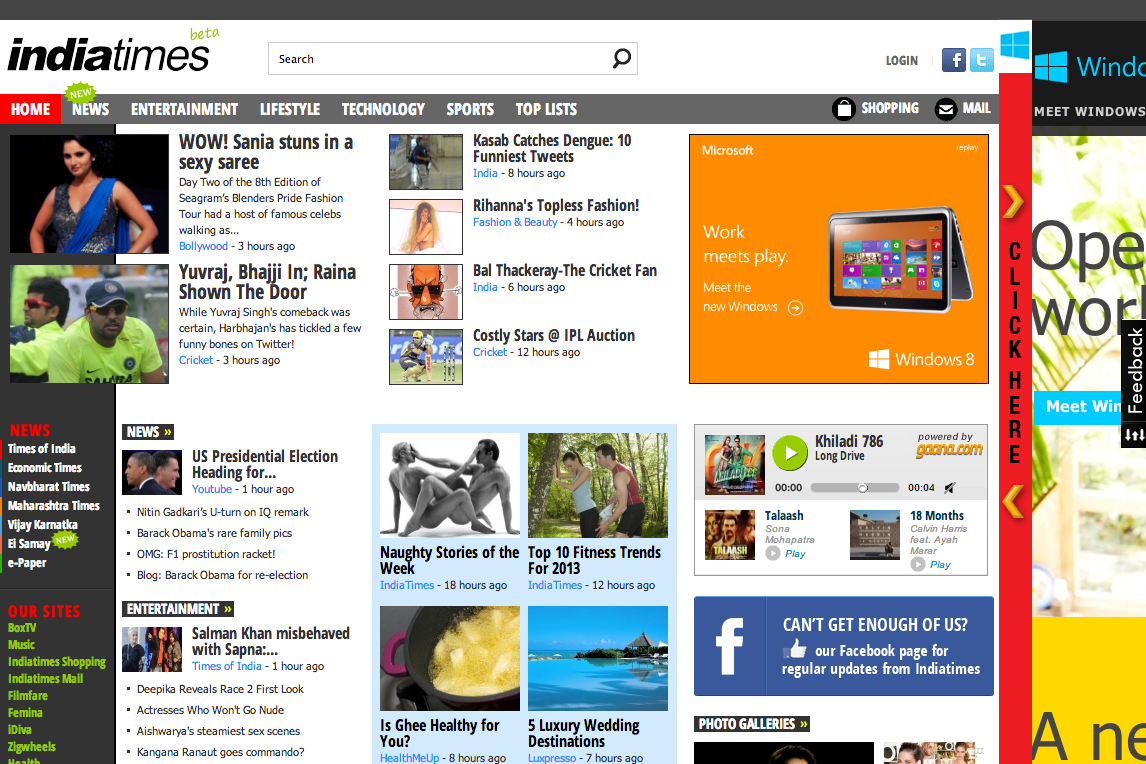With the advent of Facebook and other social networks, human resources professionals have a new means of checking into potential employees. In addition to running a formal background check to look into criminal activity, the fact is that many employers are also utilizing Facebook during the hiring process. What can Facebook tell HR personnel about a potential employee? Depending on how much information is made public on the profile, Facebook can actually reveal quite a bit about an applicant.
How Often Does HR Use Facebook?
According to a study commissioned by CareerBuilder.com, nearly half of all HR representatives say that they use social networking sites to get more information about candidates. Even though LinkedIn is a social networking site created for the primary purpose of showcasing education and work background, HR is more likely to turn to Facebook to research someone before hiring him. They may even research someone before calling him in for an initial interview. Of course, an HR representative can only see the information that the candidate has chosen to make public on Facebook, which limits the amount of information that can be gathered in some situations.
Why Facebook?
While people are buttoned up, so to speak, during an interview and even on some websites — Facebook is where many of them let their hair down. By checking into a Facebook profile, an employer can get a better sense of the candidate’s true personality. For instance, someone who has a propensity for overreaction or complaining about his work is more likely to be transparent on Facebook than a site like LinkedIn where he expects colleagues to see what he writes. This gives an HR representative a window into what it might be like to work with the candidate if he is hired.
Getting Impressions
In a study published in the Journal of Applied Social Psychology in 2012, HR professionals were asked to rank college students based only on the information that was made public via their Facebook profiles. The HR representatives were specifically asked to rank the students in regards to their employability. For example, students who exhibited emotional stability and a curiosity about intellectual endeavors would receive a higher score. Six months later, after working with students, the same employers reported that the impressions they gathered from Facebook generally proved to be true. With data like this, it makes sense for employers to use Facebook to gather information about candidates before making an offer of employment.
As a job candidate, it’s vital to consider one’s Facebook profile before sending out applications. Facebook posts that reveal drug use or excessive drinking, a lot of personal conflict, or complain about another employer could mean that the candidate sabotages his own job offer. And, while it’s illegal for an employer to use any religious beliefs or sexual orientation information they discover on Facebook against someone — any impressions about overall personality and professionalism are fair game to be considered as a part of the hiring decision.
References:



933776 547394Thank you a whole lot for sharing this with all folks you truly recognize what you are speaking about! Bookmarked. Please in addition speak more than with my internet web site =). We could have a hyperlink alternate arrangement among us! 817692